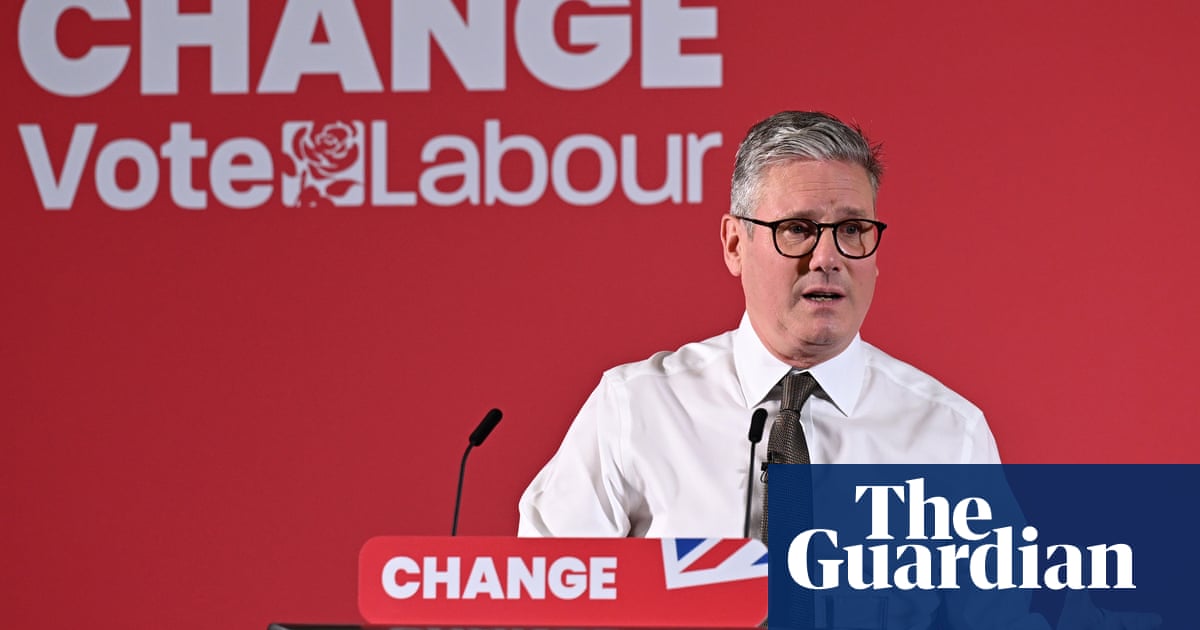
Divorce is difficult, even in the most amicable of circumstances. When entire countries try to separate from one another, it becomes fiendishly difficult; there are just too many players involved. As the old saying goes, too many cooks spoil the broth. Brexit is a case in point.
Last Saturday the 200-day countdown began to the day the UK will leave the EU, and the events of the subsequent week suggested that matters have become no clearer since that fateful day in 2016 when voters chose Brexit.
On the one hand there was a visible rapprochement between the UK government’s position and that of the European Union. On the other, the Leavers and Remainers in Britain’s ruling Conservative Party were at each other’s throats, the Governor of the Bank of England issued stern warnings of what a hard Brexit would do to the economy, and a leading opposition politician said the Labour Party would vote against any Brexit deal Prime Minister Theresa May came up with.
The week had begun with all the right noises from the EU. Its President, Jean-Claude Juncker, said he felt Britain and the EU were closer to an agreement. Importantly, he mentioned a “free trade area,” which is part of May’s Chequers plan, rather than a “free trade agreement” (EU terminology) as the basis for the future relationship. While Juncker welcomed May’s proposal for an ambitious new partnership between Britain and the EU, he issued a reminder that he would not accept a break-up of the single market.
Later that day the EU’s chief negotiator Michel Barnier said a deal was in sight, a sentiment echoed by the UK’s chief negotiator Dominic Raab. Thereafter it all went downhill for May. The European Research Group of hard-Brexit Tory MPs vehemently disavowed the Chequers plan, named after the prime minister’s country residence where it was concocted in July. There were rumbles of an anti-May coup at the Conservative Party conference early next month. May’s detractors probably lack the numbers to unseat her, but such talk is unhelpful because the government’s priority must be to negotiate Brexit, not worry about the prime minister’s job security.
Last Saturday the 200-day countdown began to the day the UK will leave the EU, and the events of the subsequent week suggested that matters have become no clearer since that fateful day in 2016 when voters chose Brexit.
Cornelia Meyer
Former Foreign Secretary Boris Johnson said last weekend the Chequers plan was like wrapping the British constitution in a suicide vest and handing the detonator to Brussels. The British people have suffered enough terrorist attacks on their soil not to be swayed by such distasteful language, but it is indicative of how acrimonious relationships in the ruling party have become. The government also released the second batch of documents delineating the probable fall-out if the UK exits the EU without a deal.
They examined manufacturing standards, broadcasting rules, environmental protection and other areas. The 28 documents were technical, but made it clear there would be real impact on the UK automotive industry if electric vehicles sold in the UK no longer counted toward EU CO2 targets. UK companies would also be frozen out of the EU’s Galileo space project, which would have ramifications for cutting-edge research and development. These papers were gloomy, but necessary under a “prepare for the worst and make all efforts to achieve the best” scenario.
As if all this were not bad enough, the Governor of the Bank of England, Mark Carney, came out with a doomsday scenario in the event of a hard Brexit. He warned of rising inflation due to higher tariffs, higher unemployment and a further depreciation of the Pound, which he intended to counter with higher interest rates. This would all lead to house prices falling by up to a third. He may be right, but if Brexit taught us anything it is that “Project Fear” was counterproductive. The great British public reacts stubbornly to scare tactics.
The mood in Westminster seems to be shifting toward holding a second referendum. The prime minister is against that, but her “Remain” MPs and various campaigners are increasingly in favor of a “people’s vote” on the final deal. This resonates with only one section of the public, as many are oversaturated with Brexit and want to tune out. Aside from the difficulty of how to phrase the question — which is a technicality — such talk causes outrage among hard-line Brexiteers.
On Friday the shadow foreign secretary, Emily Thornberry, went one step further: She told the prime minister Labour would vote against any final Brexit deal when it is put to Parliament for approval. She said Labour would vote only for a solution that left Britain where it was as part of the single market and customs union, which is clearly unrealistic from an EU perspective. Thornberry knows what she is doing. She would like to bring the issue to a head by forcing a general election, in which she hopes Labour would do well.
The only problem with that strategy is that it may be good for the Labour party, but is most certainly bad for the country. This is the crucial point: The political classes need to stop the infighting and come together. Brexit is the most important British undertaking in a generation, and its outcome will influence the welfare of many generations to come. The UK is far more likely to achieve a good outcome in the negotiations with the EU if the country manages to speak with one voice. Politicians need to start putting country before party. Failing to do so is not in the national interest and in the end lets down the people who entrusted them with their votes.
Cornelia Meyer is a business consultant, macro-economist and energy expert. Twitter: @MeyerResources












